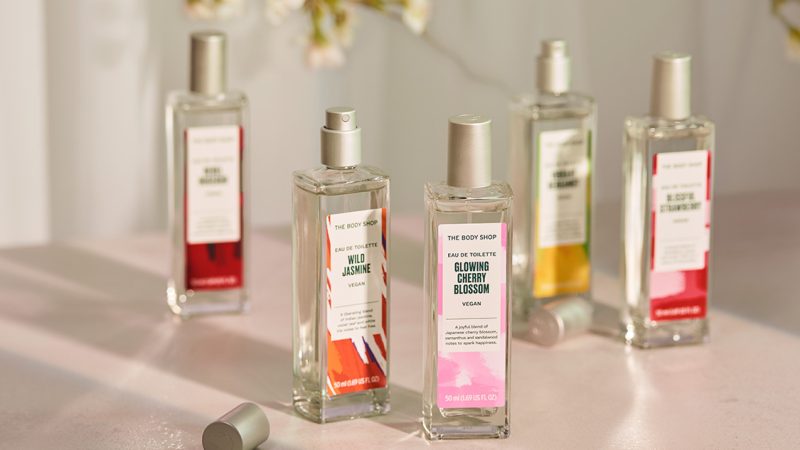Fragrance is more than just a pleasant aroma—it’s a personal signature that can evoke memories, express individuality, and create emotional connections. While mainstream scents dominate store shelves, more people are seeking unique scent choices to differentiate themselves from the crowd.
From rare botanical notes to unexpected blends, distinctive fragrances are a growing trend in perfumes, candles, and personal care products.
Why Unique Scents Matter
- Personal Expression: A signature scent becomes part of your identity.
- Emotional Impact: Certain aromas trigger deep emotional responses.
- Memorable Impressions: Unique scents make you unforgettable in social and professional settings.
- Sensory Storytelling: Each scent tells a story through its ingredients and composition.
Types of Unique Scent Choices
Niche Perfumes
Created in small batches by independent perfumers, niche fragrances often use rare ingredients like:
- Oud (Agarwood) – Rich, deep, and woody
- Labdanum – Resinous and warm
- Mimosa – Soft, floral sweetness
Gourmand Scents
Inspired by edible aromas, these fragrances include:
- Chocolate & coffee blends
- Vanilla & caramel infusions
- Almond & hazelnut warmth
These scents are cozy, inviting, and often associated with comfort.
Nature-Inspired Blends
Fragrances drawn from the outdoors can be incredibly unique:
- Fresh rain accord
- Sea salt & driftwood
- Wild herbs like basil, sage, and rosemary
Unconventional Pairings
Some perfumers experiment with combinations that surprise and delight:
- Leather & raspberry
- Smoke & lavender
- Metal & rose
Cultural and Regional Inspirations
Unique scents often draw on local traditions and ingredients:
- Japanese cherry blossom with green tea
- Middle Eastern spices with sandalwood
- African myrrh with citrus
Unique Scent Choices for the Home
Fragrance isn’t limited to personal perfume—it’s also a big part of home ambiance:
- Candles – Complex blends like amber & fig or eucalyptus & mint
- Diffusers – Slow-release oils with exotic spices
- Room Sprays – Customizable blends for seasonal moods
How to Choose the Right Unique Scent
- Know Your Preferences – Decide if you lean toward fresh, warm, floral, or spicy profiles.
- Test Before Buying – Scents can change after interacting with your skin’s chemistry.
- Consider the Occasion – Lighter scents for daytime, deeper notes for evening.
- Think About Longevity – Some rare ingredients last longer than others.
Tips for Creating Your Own Signature Scent
- Layer fragrances – Combine two or more perfumes to create something one-of-a-kind.
- Experiment with oils – Essential oils like frankincense, neroli, or vetiver can be mixed at home.
- Seasonal shifts – Choose different scents for summer vs. winter.
Common Mistakes When Choosing Unique Scents
- Choosing based only on the top notes (which fade quickly)
- Overusing a strong scent, which can be overwhelming
- Ignoring skin chemistry differences that alter fragrance profiles
Trends in Unique Scents
- Gender-neutral fragrances – Blends designed for all identities
- Sustainable sourcing – Ethically harvested botanicals
- Tech-enhanced scents – AI-created fragrance profiles
Conclusion
Choosing unique scent choices is about personal identity, emotional connection, and standing out in a world of mass-produced fragrances. Whether you explore niche perfumes, home scents, or custom blends, the goal is to find something that reflects your story and personality.
By experimenting with different notes, origins, and layering techniques, you can craft a signature scent that truly sets you apart—making your presence memorable long after you’ve left the room.
FAQs
1. What makes a scent unique?
Uncommon ingredient combinations, rare botanicals, or experimental blending techniques.
2. Are niche perfumes more expensive?
Yes—due to rare ingredients and small-batch production.
3. Can I mix my own perfume?
Yes—start with essential oils and a carrier base, adjusting ratios until you find your signature blend.
4. How do I make a scent last longer?
Apply to pulse points, moisturize skin beforehand, and use complementary body products.
5. Do unique scents work for everyone?
Not necessarily—skin chemistry, personal preference, and environment can influence how a scent develops.
Also read: New 14-Hour Rule for Truck Drivers: What You Need to Know









